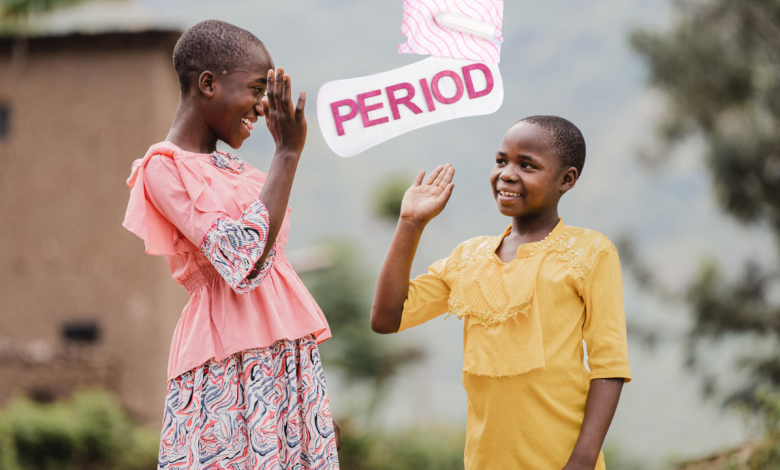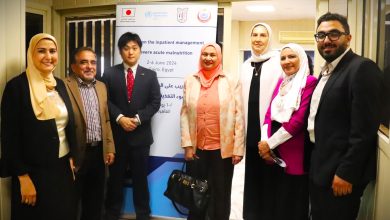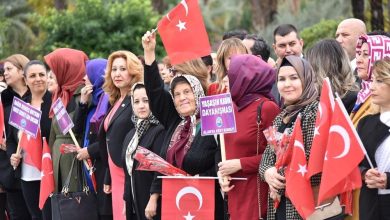Menstruation: The Silence Silence and a Big Noise

Menstruation is a normal occurrence in girls, usually starting between the ages of 10 and 15. It is when the lining of the uterus, which is produced each month in case of pregnancy, is no longer needed and is then shed from the body. This shedding results in vaginal bleeding, usually lasting 3 to 7 days.
The menstrual cycle, which includes menstruation, lasts between 28 and 30 days, although this can vary from person to person. Regular menstruation is a sign of healthy reproductive function and a normal part of girls’ growth. It is essential to take care of your health and practice good hygiene at this time.
Imerence is just 13 years. This was her Menstruation first time. She was unaware of this normal body process however. When she complained about it to her mother, the mother said that she should simply put a bit of cloth over the area so that nobody would see. Such ignorance and secrecy is a tough reality in their daily lives not just Imerence but also many girls in the African continent.
Action by UNICEF on Menstruation
In order to end the silence and shame on menstruation, UNICEF and its partners have intervened. They have provided sanitary hygiene kits to 2,000 girls similar to Nathalie and Imerence in Minowa in Democratic Republic of the Congo. This has gone a long way in changing their lives through this small initiative. Imerence herself reported, that such kits enable them to keep clean and avoid infections.
Video Credit: FirstCry Parenting
School travel time, learning time
Inability of girls to attend school is directly related to education and empowerment when they are having their Menstruation periods. This is the period when many girls drop off school because they lack the hygiene products. This interferes with their learning and restricts their future. By entering puberty, girls such as Imerence and Nathalie not only secure their physical well-being by using adequate hygiene products but also their self-confidence therewithal. Imerence boasts that now she can go to school during her period and that she is not weird anymore or feel crooked.
Menstruation physical hygiene
This is not the only change to rely on availability of physical hygiene products. It also needs emotionally and awareness. This is significant with regard to the friendship of Nathalie and Imerence. They may freely communicate among themselves, support each other and exchange their experience without jealousy. This exchange will allow them to feel safe and be able to talk about their issues through this support.
Care and protection at the time of Menstruation
Benevolent education, support and protection: these 3 pillars are crucial to allow a girl to live a normal life. When a girl is given the right information and support on menstruation she is able to accept it normally, which is not a weakness. This in its turn safeguards her education and future.

UNICEF activities at that time of the month
This program of UNICEF not only provides sanitary pads but also removes the taboos and misunderstanding that the society in general associates with menstruation. By doing so, they are also propagating the message that menstruation should not be a thing to keep to yourself but is a normal occurrence and so, it is perfectly okay. And when such a message penetrates the ears of girls like Imerence and Nathalie, then they can achieve their own empowerment and get their own futures.
Read More –Turkey Women’s Empowerment and Achieving Gender Equality.
Considering the examination of the story of Nathalie and Imerence, one can note that all the girls deserve living with a sense of self-respect and dignity during their period. They require appropriate tools, appropriate information, and appropriate emotional support. When we know we can secure this, then measures are adopted to not only safeguard their health but also their education, their future, and their dreams.



